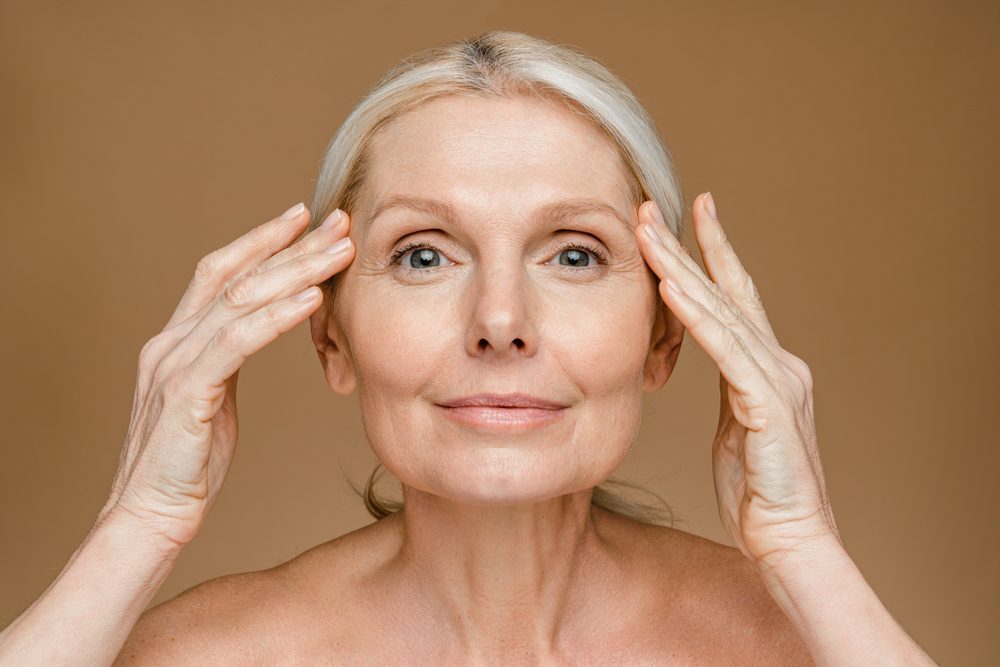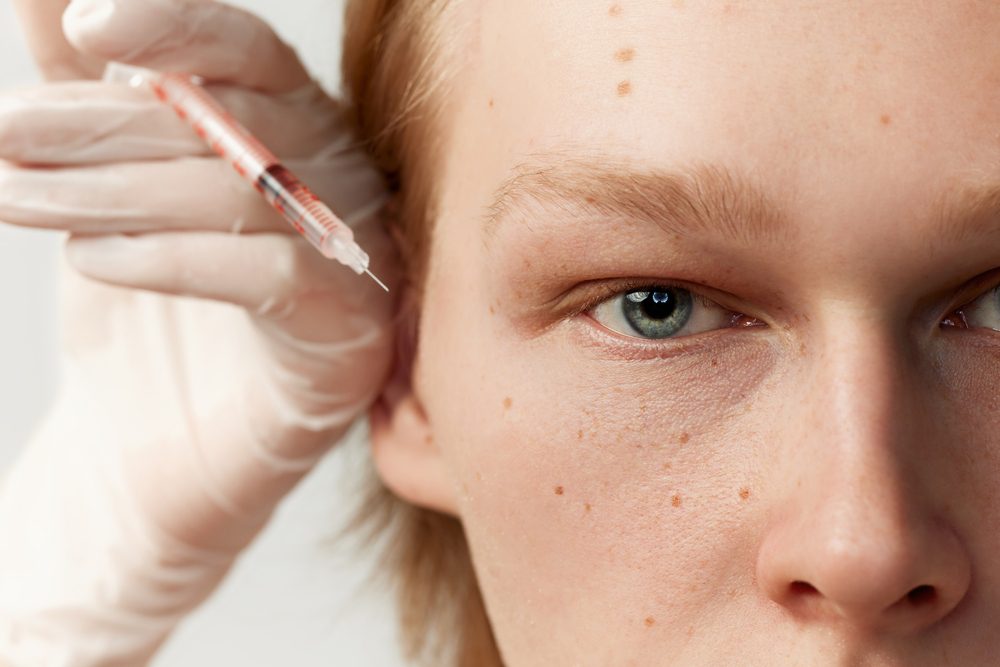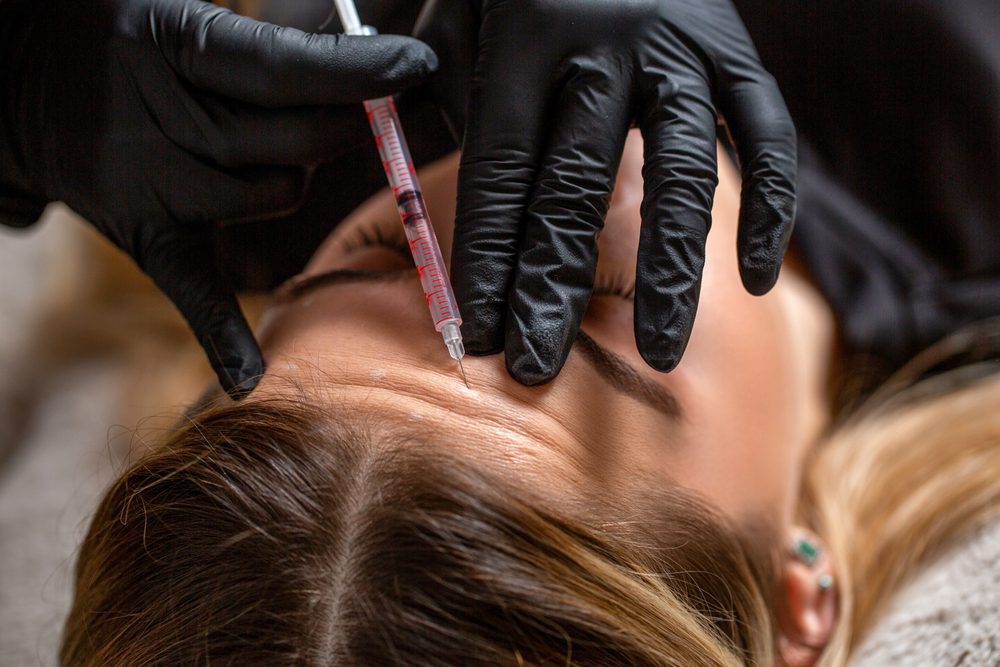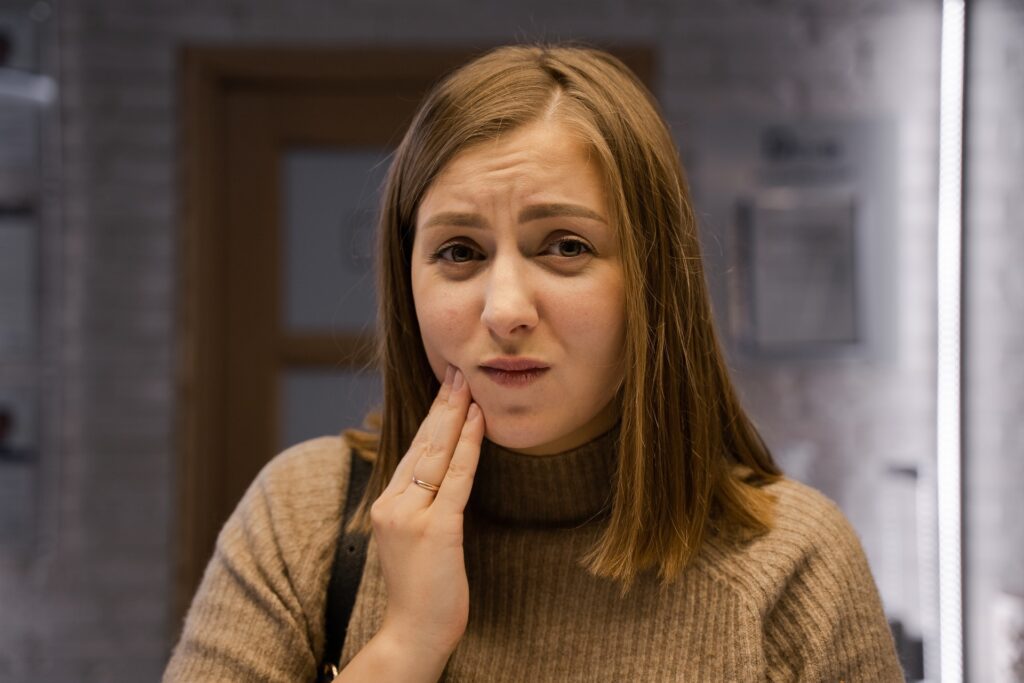According to estimates from the National Institutes of Health, up to 10 million Americans across the country are affected by temporomandibular joint dysfunction — more commonly referred to as TMJ. Targeting the jaw, TMJ causes pain and stiffness and impedes the ability to move the jaw.
Although most people think of it as a cosmetic treatment, Botox® can help ease the symptoms of TMJ by relaxing the jaw muscles. If you’re looking for TMJ treatment, Botox® may be the right option.
What Is TMJ?
TMJ is used to describe both the temporomandibular joint and the disorders that affect it. The joint itself is located on both sides of the head just in front of the ears, where the lower jaw connects to the skull. By enabling the lower jaw to open and close, this joint allows you to bite, chew, and speak.
In terms of disorders of the lower jaw, TMJ can cause the following symptoms:
- Pain and tenderness near the joint
- Pain in other parts of the face or neck
- Stiffness in the jaw muscles
- Trouble moving the jaw
- Locking of the jaw
- Change in the alignment of the upper and lower teeth
- Tinnitus (ringing in the ears)
- Headaches
- Vertigo
TMJ symptoms may occur on one or both sides of a person’s head.
What Causes TMJ?
It can be difficult to pinpoint a cause of TMJ, but many cases are thought to be related to injury of the jaw, arthritis, or unconscious movements like jaw clenching or teeth grinding caused by stress.
TMJ is more common in women than men, and it is sometimes referred to as TMD (temporomandibular disorders) to distinguish it from the temporomandibular joint.
How Does Botox® Work to Treat TMJ
Botox® works to treat TMJ by relaxing the jaw or masseter muscles and sometimes the muscles in other parts of the face. By relieving tension in the jaw, movements like jaw clenching and teeth grinding are minimized.
After receiving a Botox® treatment, patients have better range of movement in the jaw, which helps reduce locking. Patients also experience reduced jaw pain, neck muscle spasms, and tension headaches, which often occur with TMJ.
Botox® treatment for TMJ can also help maintain dental health. When TMJ goes untreated, it can contribute to tooth decay, gum disease, and loose teeth.
What Happens During Botox® Treatment for TMJ?
If you’re considering Botox® for jaw clenching, teeth grinding, or relief from pain and stiffness, the treatment is quick and easy. Lasting from 10 to 30 minutes, Botox® for TMJ is a non-surgical procedure.
Depending on the symptoms, the doctor may inject Botox® into the muscles of your jaw, forehead, temples, or other areas of the face. You may feel a slight amount of pain from the injections, much like a pin prick or bug bite. But the doctor may use numbing cream or a cold pack to make it more comfortable. You should be able to resume regular activities immediately after treatment.
It is important to understand that even though Botox® injections for TMJ are for medical purposes they are not covered by insurance at The Rejuva Center.
For the best results, patients should anticipate having at least three Botox® treatments over a span of several months. A day or two after treatment, you may notice some improvement, the full effects are typically seen in approximately a week.
Is Botox® Safe to Treat TMJ & Is it Right for Me?
When it comes to treatment for TMJ, Botox® has proven to be a safe option if administered by a skilled and experienced professional. Safety also depends on whether you’re a good candidate for Botox®.
To receive Botox® treatments, patients should be in good health overall. If you have experienced nerve damage or have a disease that affects the nerves or muscles like amyotrophic lateral sclerosis (ALS), multiple sclerosis (MS), cerebral palsy, or epilepsy, you are not a good candidate for Botox®.
You shouldn’t get Botox® if you have any sort of skin condition or if the skin is infected at the injection site. If you have sensitive skin, be sure to test for an allergic reaction to Botox® prior to having treatment.
As with many medical treatments, who are pregnant, or breast feeding should not receive Botox® injections. Botox® is approved by the Food and Drug Administration (FDA) as a cosmetic treatment for people from 18 to 65 years of age. Individuals outside of this age range should not get this treatment for TMJ.
When you schedule a consultation for Botox® treatment, a specialist can answer other questions to clarify whether this treatment is right for you.
Get Botox® Treatment for TMJ at The Rejuva Center
If you’re considering Botox® treatment for TMJ in the Albany, New York, area, check out The Rejuva Center at Williams. At Rejuva, you will find a skilled and caring staff, a state-of-the art facility, and superior results. Contact us today or call 518-308-4110 to schedule a consultation.
Recent Posts

How to Communicate Goals During Botox Appointments in Saratoga Springs, NY
Whether you’re looking to soften forehead lines or subtly lift your brows, expressing your objectives clearly ensures natural, confidence-boosting results.

Getting Ready for Same-Day Botox Appointments and Touch-Ups in Loudonville, NY
What is the best way to prepare for the procedure to achieve optimal results? We’ll focus on everything you need to be aware of in the article below.

Selecting the Best Botox in Loudonville, NY: A How-To Guide
If you are looking for the best Botox in Loudonville, NY, there are several considerations that can help optimize results while eliminating risks.

5 Tips to Make the Most of Your Botox Appointments in Loudonville, NY
Here are five easy tips to make the most of your Botox appointments in Loudonville, NY.




